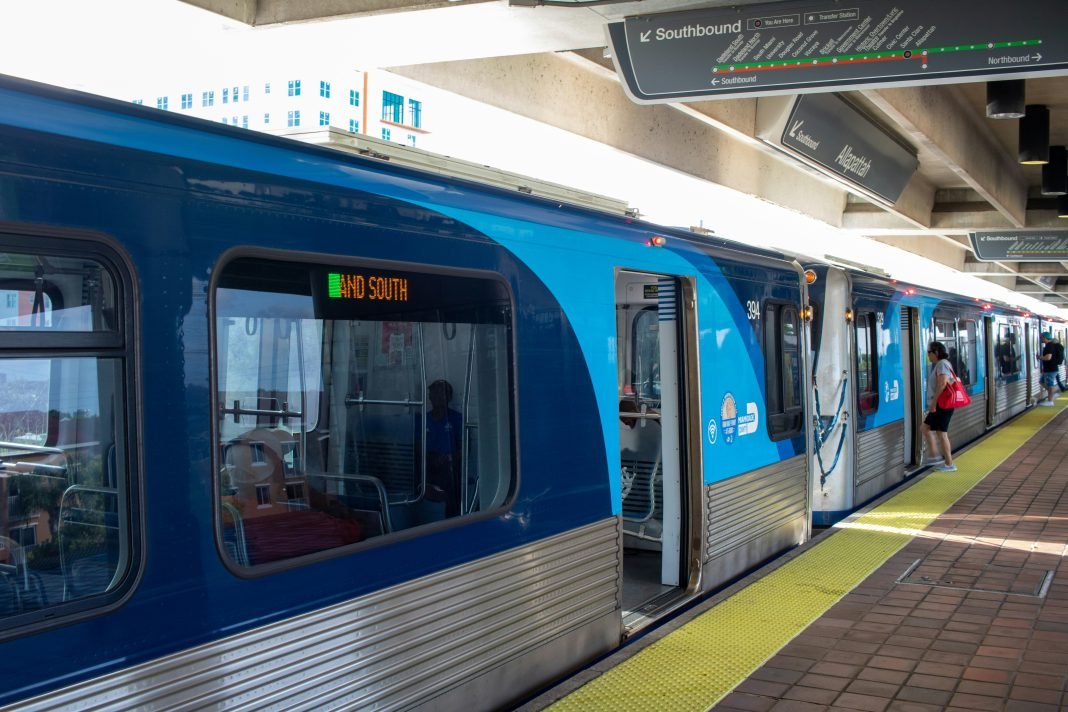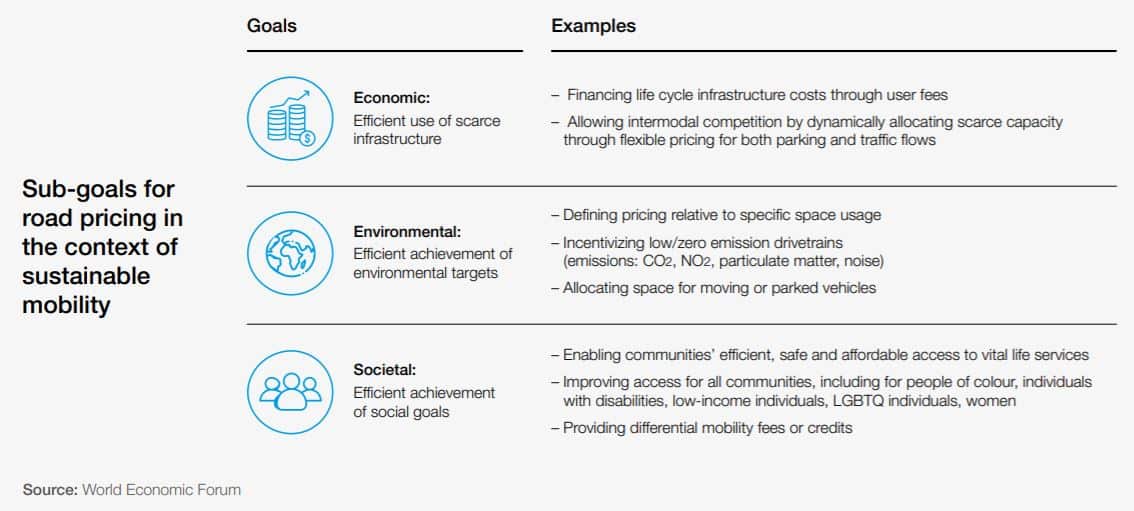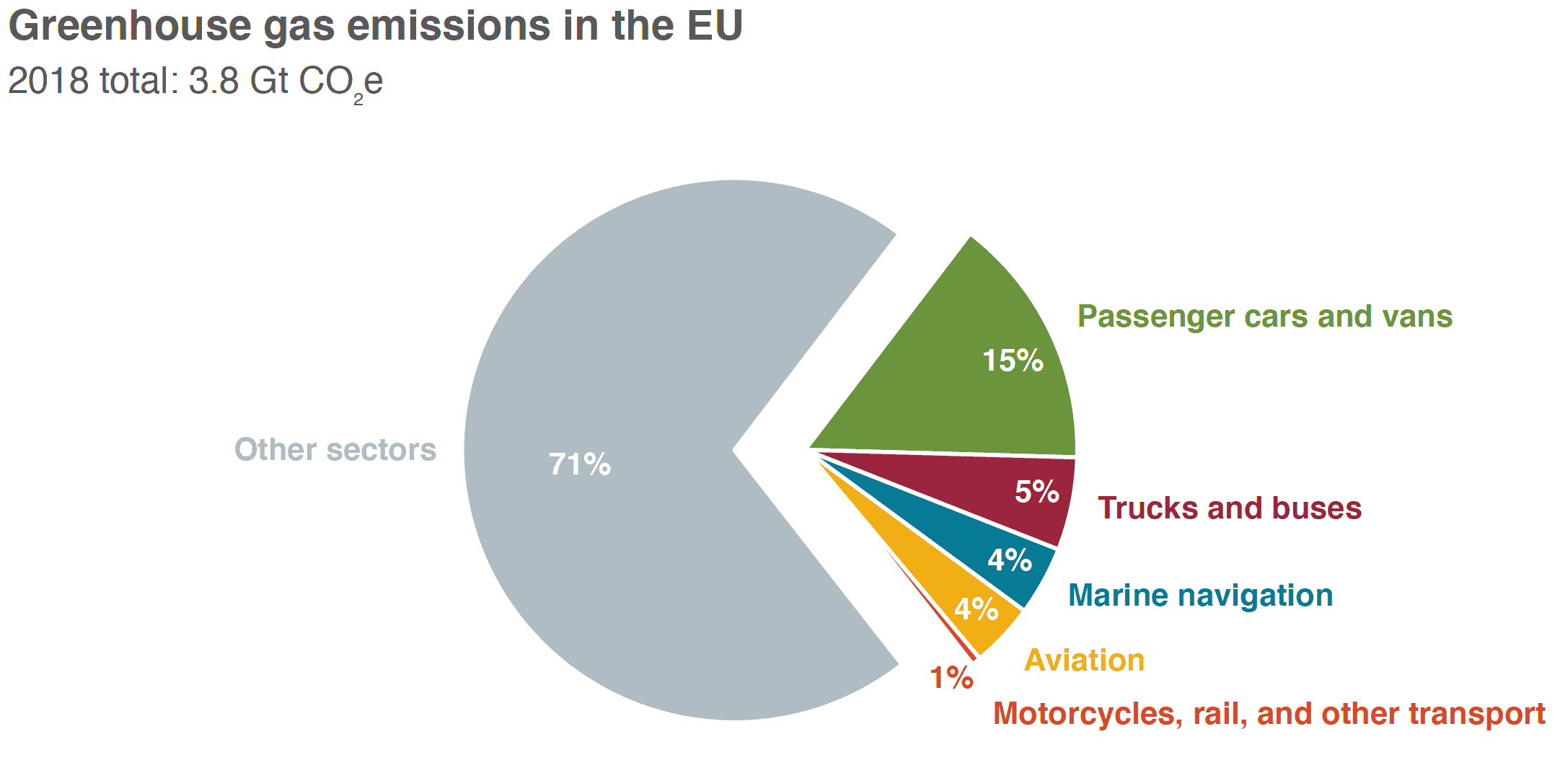Governments are considering public transportation pricing schemes to help with the rising costs of energy and the burden of inflation. Germany tested the low-priced transit tickets that cost only €9 and also cut carbon emissions by 1.8 million tonnes.
Germany has been offering riders very low monthly ticket prices. This applies to all local trains, metros, trams, and buses for 3 months.
The pricing scheme is an effort to promote the use of public transport and ease the burden of high energy costs.
According to a public-transport organisation in Germany, VDV, the scheme was successful.
- 52+ million people have bought the €9 tickets, which reduced car use and cut carbon emissions by 1.8 million tonnes.
Oliver Wolff, VDV’s CEO said that:
“The 9-euro ticket not only relieved citizens financially but also had a clearly positive effect on the climate.”
Notable Impacts of Low-cost Public Transportation
The discounted ticket is a huge price reduction because monthly tickets for local transport in Berlin costs €107.
Among the new buyers of monthly tickets since June, more than half said the cheaper price was the key incentive for their decision.
The country’s national rail authority, Deutsche Bahn, reported that it has sold 26 million of the low-cost tickets alone. And over the summer months, they saw a 10% increase in public transport passengers.
As such, they called the 9-euro ticket experiment a total success.
The decision to subsidize the tickets comes as Germany continues to see high inflation, which hit around 8% last month.
Months before this scheme, the ridership was on a slight downward trend.
- Alongside reductions in CO2 emissions, the pricing mechanism also improves air quality in metropolitan areas.
Researchers at the University of Potsdam noted that air pollution levels go down by up to 7% as a result of the low-cost ticket.
They said that their findings may have significant implications on policy and health. Their results show that subsidizing public transportation may be a viable way to lower air pollution, particularly in cities.
That can contribute to the UN’s sustainability goal of creating more resilient, safer, and healthier urban areas.
Sustainable Road Transport and Pricing
The results of the experiment reflect the World Economic Forum’s recent report on Sustainable Road Transport and Pricing.
The paper advocated for affordable public transport to boost “adoption and reduce the financial burden for current users.”
WEF’s report argued that road pricing systems should be designed to account for the economic, environmental, and societal impacts of public road transportation. Incorporating these impacts in individual choices means considering the following:
In the U.S., emissions from transportation account for about 27% of the country’s total emissions, making it the largest contributor.
In the EU, transport footprint has jumped by 33% since 1990 while other sectors have cut down emissions.
As shown in the chart below, light-duty vehicles (passenger cars and vans) are the greatest contributor to EU transport GHG emissions.
The carbon footprint from heavy-duty vehicles (trucks and buses) is #2, followed by marine and aviation.
Transport remains a key challenge to achieving the EU’s climate targets. In fact, an analysis shows that transport alone can emit more than the bloc’s total share of the Paris Agreement’s 1.5°C carbon budget.
And that’s even under an ambitious decarbonization policy scenario.
As EU member states are looking for ways to curb transport emissions, the public transportation pricing scheme in Germany may offer one solution.
But this 9-euro ticket scheme expired at the end of August. Still, many advocates are pushing for an extension. Wolf remarked that:
“All responsible actors should therefore now decide quickly on the continuation and further development of such an offer… If we take the traffic turnaround and climate change seriously, then we have to act now.”
As noted by the EU lawmakers, 15% of the bloc’s total emissions come from road transport. And so cutting these emissions is vital if the region has to reach its climate goals.



